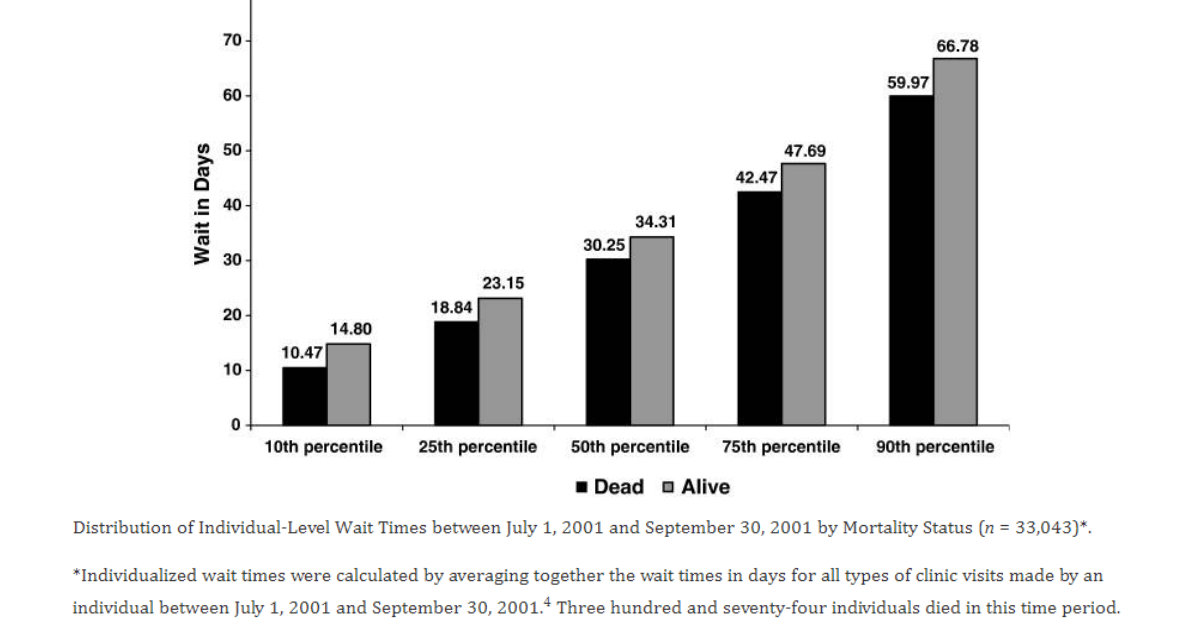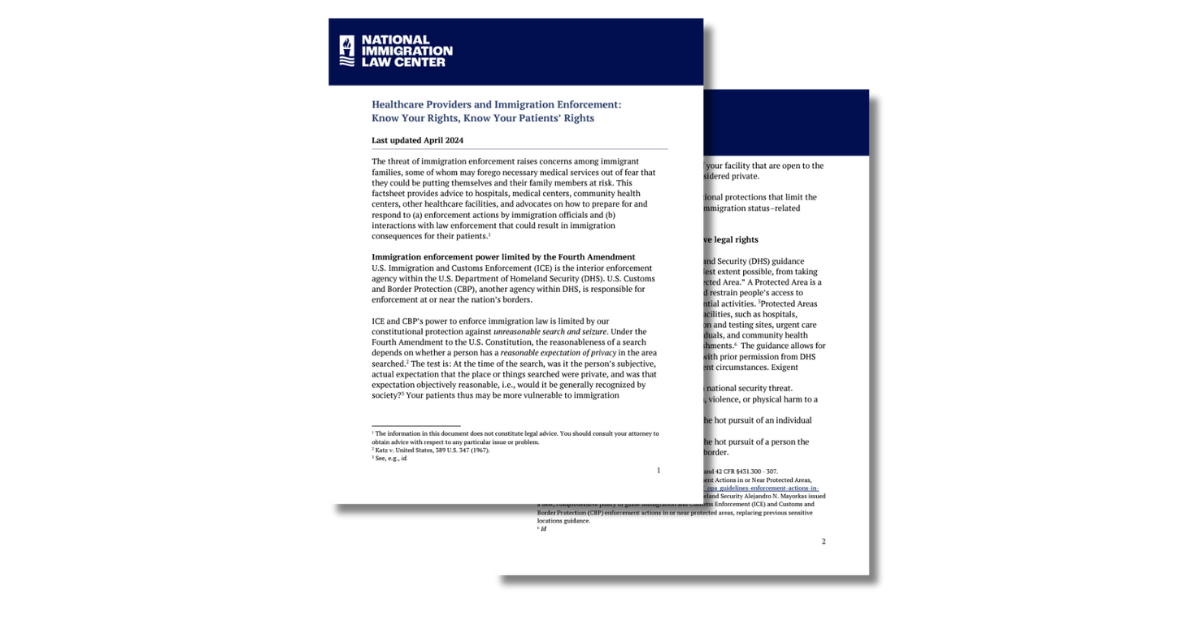MCN Position Statement: Immigration Status Questions Create Fear, May Result in Increased Morbidity and Mortality

Migrant Clinicians Network opposes Texas Executive Order GA-46, which requires hospitals to ask patients about their immigration status in inpatient and emergency department facilities. This order, which will go into effect November 1, 2024, echoes the 2023 Florida law. Both efforts discourage people who have urgent health needs from accessing care, out of fear of exposing their immigration status.
Since its founding forty years ago, Migrant Clinicians Network has worked with thousands of clinical constituents, community health organizations, community groups, and research partners in Texas. Although we work nationally, we are a Texas-incorporated nonprofit. We have connected thousands of asylum seekers, farmworkers, and other migrants across Texas and along the Texas-Mexico border with care both within the state and as they move to and from the state, through our virtual case management system, Health Network.
This new law endangers the lives of migrants and immigrants. Importantly, the order includes an opt-out clause – that is, a patient may decline to answer the question – and the order requires that Texas hospitals inform the patient that any response will not affect patient care. However, as we have already seen in Florida, patients will not know the specifics of the law. Others may not sufficiently trust the Texas government or the clinical environment to disassociate their status from their medical record. In both cases, essential care will be avoided, and patient-provider trust will be damaged.
“This order contributes to a culture of mistrust of the medical community that is dangerous and difficult to reverse,” asserted Deliana Garcia, Chief Programs Officer for Emerging Issues and International Projects for Migrant Clinicians Network. “Patients may start avoiding medical facilities when they most need it.”

“Reducing access to care, as this order does, will lead patients to delay care – and that leads to disease states that are more advanced and harder to treat,” explained Laszlo Madaras, MD, MPH, Chief Medical Officer for MCN. “This can lead to deaths. It can also lead to later-stage treatment, which is more expensive both to the individual and to the community, the exact opposite of what the order intends.”
“This order only elevates the fear that immigrants already experience,” said Kaethe Weingarten, PhD, Director of Witness to Witness at MCN. “Everyone should be able to think of places to receive health care as welcoming and safe; this order makes that impossible.”
The incorrect presumption behind the order, that immigrants without authorization to live and work in the US create a drain on the health system, has been regularly and thoroughly found to be false:
- A new KFF analysis found that “overall, KFF and other research shows that despite having a higher uninsured rate, noncitizen immigrants, particularly those who are undocumented, use less health care and have lower health care spending than those born in the US.”
- Data and analysis suggest that immigrants without authorization pay more into the system than they use – in fact, subsidizing US citizen care.
Clinicians should know their rights when it comes to federal immigration law and enforcement, which is unchanged by this statewide order.
- National Immigration Law Center’s Know Your Rights, Know Your Patients’ Rights is a helpful primer.
Clinicians should also understand the implications of anti-immigrant rhetoric and policies on the health of immigrants and migrants.
- MCN’s bilingual Words Matter three-part webinar series, which starts October 17th, will provide clinicians including Community Health Workers with practical strategies and insights to enhance their clinical practice, challenge stereotypes, and advocate for policies that promote health equity.
- MCN’s Words Matter campaign includes several articles describing the health impacts of anti-immigrant rhetoric.
- United We Dream has a national directory of licensed mental health practitioners who offer pro-bono or low-bono services. You can filter by state.
All clinicians in Texas, including community health workers and outreach teams who are outside of the hospital system, are encouraged to incorporate education on the new order so that patients can make informed decisions on their health care.
- Print welcoming signs for immigrants and migrants for the hospital that describe their rights when asked about immigration. Include different languages and consider literacy limitations by making the signs image-rich. Use basic language like, “Please go to the hospital when you feel sick! We help all people, no matter the immigration status.”
- Log in to post comments







